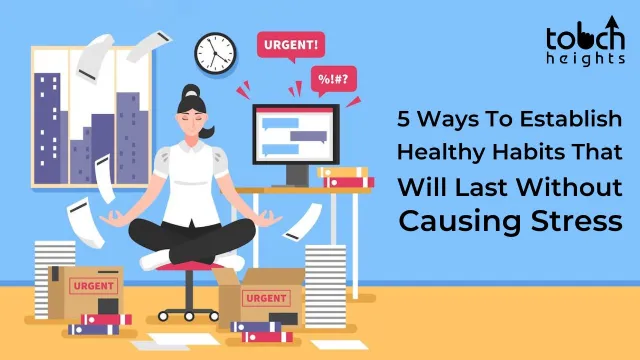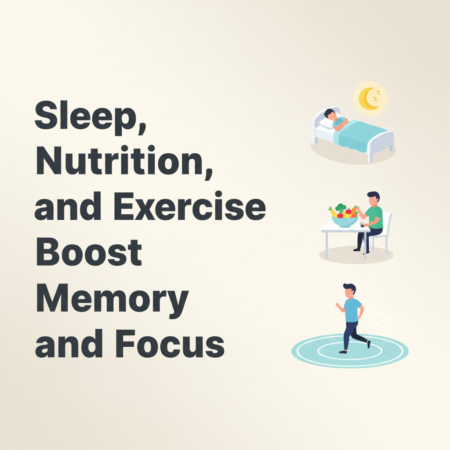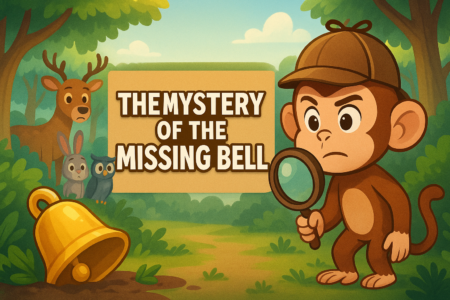Sometimes life may be stressful. Yet stress doesn’t always result from major events. Stress can also be brought on by the annoyances, demands, and pressures of daily life.
Your body produces hormones that give you more energy, concentration, and strength in response to stress. The fight-or-flight response is what is meant by this.
A slight increase in stress might occasionally be beneficial. It can assist you in completing tasks quickly, being punctual, or meeting a deadline. It may notify you of an issue that needs your attention. It may inspire you to achieve your objectives. It may encourage you to research, organize, and get ready.
But, excessive tension or stress that you can’t handle prevents you from performing and feeling at your best. You may become exhausted, have less energy, and find it more difficult to complete tasks. You may get irritable, angry, or disoriented if you are under too much stress.
Create an extensive list
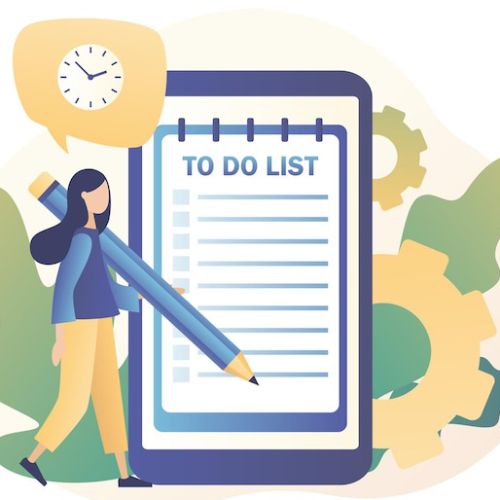
Write down all of your ideal wellness practices in one location to start. Next list any advantages you anticipate obtaining from them. Then, organize them based on which possible habits will benefit you the most daily.
Finally, start with the items on top of your list. For instance, committing to an evening meditation to help you get more rest is a better use of your time than waking up with the sun to go for a run in the park if you have difficulties remaining focused at work due to bad sleep.
Using a notebook or a planner can help you manage your objectives for new habits while preventing feelings of overwhelm.
Be truthful
Knowing your present routines makes it simpler to adopt new ones. Tell yourself the truth about what you have time for and feel like doing. Should don’t hold up well over time. Thus, evaluate your motivation and make it as simple as you can stick to your promise. Get an accountability partner if you need one to keep you on track.

Moreover, if you’re not a morning person, avoid scheduling your new habit for the early hours of weekday mornings. Avoid having extremely high expectations for the 10 minutes you have in between appointments on Tuesdays to avoid disappointing yourself. And when it comes to having unrealistic expectations for your goals.
Start modest (so that failure is less likely)
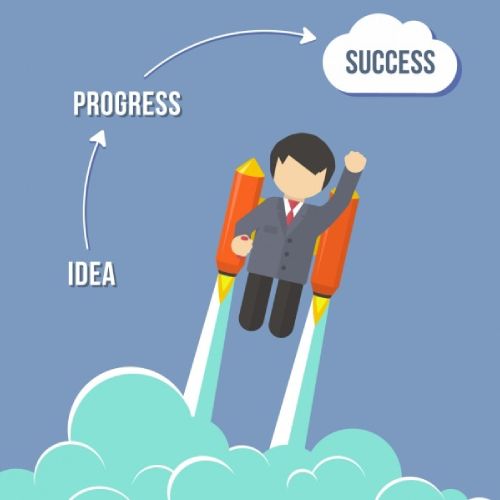
Avoid focusing too much time and effort on many new routines, especially in the beginning when you’re just starting.
According to James Clear for Entrepreneur, there is scientific support for developing one new habit at a time. Research reveals that if you make a particular strategy to concentrate on one (and only one) objective at a time, you are 2 to 3 times more likely to practice your new habit.
The best course of action is to maintain focus until a new habit becomes habitual (which, according to Psychology Today, can take up to 66 days), and above all, avoid going overboard. We comprehend. It’s difficult to avoid diving in head first at first. But regardless of whether you can control yourself from going a bit crazy in the first few days, it’s crucial to keep your commitment small and reasonable, especially when you’re sick, exhausted, or extremely preoccupied.
Take a break for yourself

Take a break when you need to, and don’t be frustrated if you skip a day or two—or if a week passes without you engaging in your new wellness practice.
Remembering that everyone experiences momentum loss occasionally is useful. Keep in mind that the goal isn’t to waste your precious spare time feeling bad about what may have been, but rather to feel better and get back on track.
Giving yourself the benefit of the doubt and making a new commitment to whatever you can handle is preferable.
Take note
Jot down your successes and failures and schedule your behaviors for a set time. Without a record to guide you, it might be difficult to determine what is (and isn’t) functioning. Data may be friendly, much like your favorite teacher from school, provided you pay attention and modify your behavior.
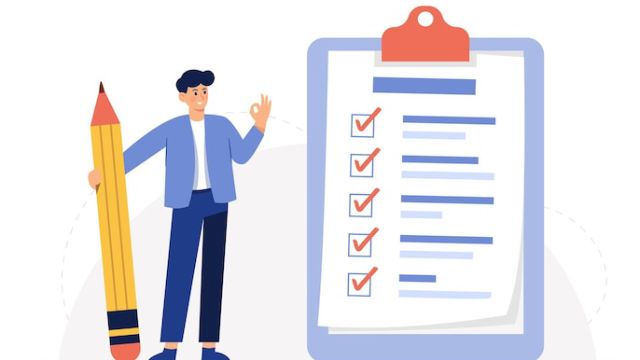
Moreover, Foundations can support you whether your objectives involve writing, thankfulness, or meditation. Even with alerts to remind you, we’ll help you remember. And when you’ve learned the skill of keeping track of your advancement.
Conclusion:
You may start to develop better abilities and coping mechanisms for the stress life throws at us by adopting any of these easy stress-reduction behaviors (because believe us, it’s universal). To ensure that each habit is truly ingrained, try one at a time, and then see if you can add more. Maintain a journal of your feelings and chart your development towards a more tranquil balance.

